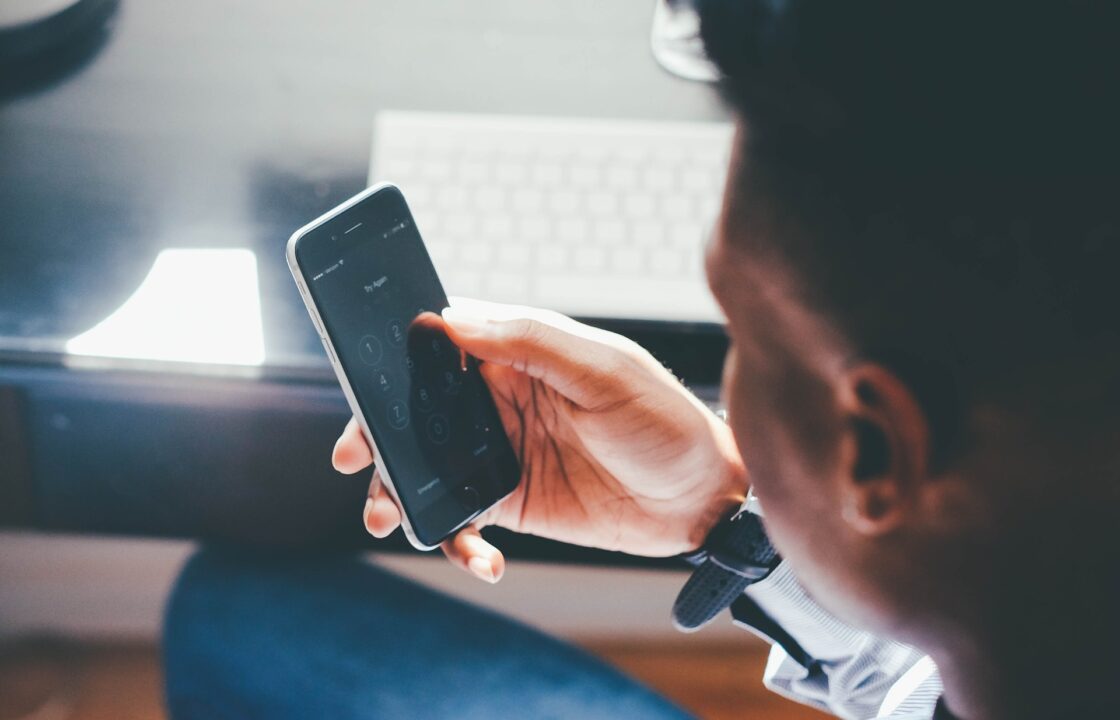
In this blog, we’ll be discussing Dutch premium rate numbers, including the 0900 prefix which is popular among businesses in the Netherlands, and why this number type may be right for you.
What is a premium rate number?
Premium rate numbers have additional charges for callers, which becomes an extra stream of revenue for you.
They are not tied to a particular city, which means callers will associate your number with the Netherlands rather than a more precise location, like geographically-determined local numbers.
Clear benefits of premium rate numbers:
- Earn extra revenue – premium rate numbers are additional services like business and information, or entertainment. Providing callers with this extra service is costly, so you can use a premium rate number to cover that. There are many available rates you can choose from, but you must consider legalities too.
- Deter people from calling you – this may feel like a strange thing to want, but to save time, money and resources, you may just want serious callers to get through to you.
- Shorter call waiting time – because you’re deterring some people from calling you, this speeds up the calling process for serious customers, who then get answers to their queries much faster.
What’s the difference between the prefixes?
The different prefixes with Dutch premium rate numbers indicate what type of business or service you’re calling:
- 0900 – Business or information services
- 0906 – Adult content
- 0909 – Entertainment
The scale of the charge for premium rate numbers varies depending on the prefix and caller rate offered. With a per-call rate, you get a fixed out payment for each call, while per-minute call rates affect your total revenue based on the length of call.
All prefixes, however, are not intended for services designed to prolong the call as much as possible. You’re also not allowed to charge just any tariff for customer services. If you breach such rules, The Authority for Consumers and Markets can have your number closed, and/or have your payment cancelled.
Is a premium rate number right for you?
Premium rate numbers have a commercial model attached to them, so there is a charge for the caller, because they are getting something in return from that call specifically.
Whether that’s additional business information, adult or entertainment services, this number type is easily recognizable. As a result, callers should not be caught off guard by the charges and its recognizable nature may also work in your favor as it brings about an air of authority.
Common uses of premium rate numbers include tech support, information and advisory lines.
However, sometimes customers may be resistant to call a premium rate number due to this extra expense. The way they see it, they shouldn’t have to pay to get through to your company. This may hurt your customer experience and reputation, so be wary when you do use this number type and ensure it’s for one of the reasons highlighted above.
This is particularly important for a small business, which may not have a long-established industry presence to fall back on, or for other businesses that may have long wait times – it could appear calls are being deliberately lengthened so you can make more money.
However, this deterrent can work in your favor and weed out callers who just waste your time and resources. In the digital age, so much information is readily available online that there is often no reason to call a company – unless they are offering unique, value-added services, which is true in the case of premium rate numbers.
Premium rate numbers with MCXess
You can purchase this number type as well as additional call routing packages and other phone number features from the intuitive MCXess webshop. After you have selected the country, type of number, prefix, tariff, and package, you will see the order details and the out payment you are entitled to for your selected premium rate number – all within our automated, self-service tool. What’s more, your number will be live in just a few minutes.




